|
"Having to learn to advocate for my autistic son, Jo, I wanted to combine my love for writing children’s books with my goal of increasing autism acceptance. I have observed countless times the way Jo pursues his interests and passions and the autistic joy they bring him. So this book was born." ~Mariam Shapera I am excited to share my interview with Mariam. Her new picture book is amazing and is released today! Make sure to connect and support... Where did you get the inspiration for Jo's Special Gifts? From my autistic son Jo, who is 7, who has many special gifts and likes. He inspires me in all things throughout the day, everyday. What was your writing process like for this book? Initially, I wrote about half the book over 3 years ago and then paused and completed it a year later as I got more inspiration from him watching him grow and be the amazing kid he is today. What is your favorite part about writing books for kids?
My favorite part is having the kids feel and see themselves in that character and story. To be inspired by the character and to allow inclusion and representation for all types of brains. What are you working on now? I am currently working on releasing this title and I have an idea, also inspired by Jo, for an upcoming children's book. What is your favorite book? I have many including classic fiction from Jane Austen to non fiction books on Autism acceptance and Neurodiversity. "I realized that my feelings of loneliness and isolation were almost universal amongst all preemie families across the board. It further solidified for me that these families, mine included, need help." ~Jodi Klaristenfeld, FLRRiSH I am excited to share my interview with Jodi from FLRRiSH. The work she is doing is amazing and much needed! Make sure to connect and support... TikTok Website ~ Ali Tell us your story and how FLRRiSH began. Everything about my life changed when I had my daughter at 28 weeks. What had been a “perfect” pregnancy suddenly turned into a frenzy of doctors, specialists, and nurses in the NICU hooking up my newborn baby to strange machines. She came 3 months earlier than planned, and I was unprepared physically and mentally. I experienced a lot of emotions. I felt the immense joy of finally bringing my daughter into the world and the fear of her situation simultaneously – a combination I never thought possible. The following 77 days as a NICU mom were a defining time in our journey. They were some of the most challenging but rewarding days of my life. I learned a lot about myself and my daughter – mainly how incredibly strong and resilient we both are. I knew pretty early on after Jenna came home from the NICU that I wanted to do something in the preemie baby and family space–I just wasn't sure what yet. I've also learned big life decisions shouldn't be made so soon after a major event (such as marriage or having a baby) so I sat with the idea and let it marinate. It wasn't until I watched Jenna on a daily basis with therapists that I realized how fortunate I was to be able to curate her team, and that I wanted to somehow transfer this same feeling of gratitude and empowerment to other preemie parents. I wanted them to feel supported and educated so they could put their children in the best possible situation for success. I also knew that there were a lot of parents like my husband and me. By and large, preemie parents are thrown into the thick of an incredibly stressful and overwhelming situation without anywhere or anyone to turn to for advice, assistance and support. I realize I am making a difference each time I communicate with a parent. Even before starting FLRRiSH, I found talking to other parents very rewarding. I also realized that my feelings of loneliness and isolation were almost universal amongst all preemie families across the board. It further solidified for me that these families, mine included, need help. Now, when I talk with a parent, whether it be talk, text or email, hearing their “voice” smile, hearing them say “thank you for making me not feel so alone” and “thank you for helping me enjoy being a parent”, fills my heart with gratitude. When I make someone else’s journey less stressful and difficult than my own, then I know I have done my job. What kind of impact do you hope that your organization can have? I envision FLRRiSH helping other families flourish. You are only as happy as your least happy child. If your child is struggling, then you are too. That seeps into every aspect of life: home, work, relationships, etc. If I can help get families the resources they need for their children in an easier and quicker way, and if I can make someone’s journey less difficult than my own, then I have done my job. Whether someone is listening to the audio stories, using the resource guides to therapists and/or chatting with me one on one, I hope to be able to help parents enjoy being parents during a most stressful time. Going forward, it is my wish and hope that the counseling and other services are something that insurance companies would help pay for. Over 85% of parents of children in the NICU experience some type of mental health issue. We need to be able get parents the necessary support they need so in turn they can better support their children. What is the biggest concern facing NICU parents today? The biggest concern for most of my parents is two fold and depends upon where they are in their journey. For those parents in the thick of their NICU journey, aside from doing everything they can to help their child eat, sleep and grow so that they can come home, their biggest concern is what their parenting journey is going to look like, and how can I help myself change my mindset to reflect the unorthodox path we are about to take. For those that are home from the NICU, it becomes an issue of trusting yourself as a parent and learning how to navigate the system of getting your child the best and most support so that they can succeed later on in life. What inspires you to keep advocating for families in the NICU? When I talk to other parents, neonatologists and nurses and they tell me how much they love the work I am doing and how it is so necessary, it reiterates in my mind that FLRRiSH is onto something good. Parents shouldn't feel alone in their parenting journey and it is my mission to make sure they know there is plenty of help and resources out there for them and their children. They just need to know it exists and how to find it. Additionally, when I look at my own daughter and see how far she has come, I am so proud of the little girl she has become. She has had to fight hard each and every day since she was born and she always does so with a smile. She is tenacious, determined, strong and resilient, and these attributes fuel me in fighting each day for her and for others. How can someone help support your mission and organization? All I ask is for anyone who knows someone who has given born prematurely or has had a child in the NICU, that they tell them about FLRRiSH. I am trying as hard as I can to spread the word and get into hospitals. I need someone to take a chance and a leap of faith that these resources are a supplement to what they already provide and truly help serve a population of people who are left to navigate the journey on their own. Please share anything else you would like to include such as sales or coupon codes, advice, etc. 10% discount for services purchased I'd also like to emphasize again, that NICU parents are not alone. And more than that, these children bring so much joy to their families, perhaps even more joy than those who have not had as rough of a start in the world. It is important to celebrate every everything. Creating a life is a miracle and it's even more so when you overcome a challenging journey. "Children need to see you being kind to students, staff members and parents. Children need to hear your kindness through compliments, encouragement and honesty. " ~ Christina Dankert, author of The Kindness Machine I am excited to share this guest post today, because it is the book birthday of The Kindness Machine. Last year, I posted a Beyond the Book Activity to use with this great book. ~ Ali How many t-shirts, coffee mugs and signs have you seen recently with the message, “Be Kind”? Those two little words seem to be on everything, but many people struggle to do just that. Kindness matters. Oftentimes we notice unkind actions more than kindness itself. We must shift our focus to intentionally being kind, point out kindness when we see it and model it for one another. Several studies suggest that kindness can improve self-esteem, reduce stress and help build connection and empathy with others. These positive benefits are another reason to intentionally put kindness as a focus in homes and classrooms. Children need to see kindness modeled through both actions and words. How we react and how we speak to each other does not go unnoticed by children. As a second grade teacher, I start my school year by telling my new class, “I will never yell at you.” The look on their sweet little faces is always that of shock. One year a student asked, “How will we know if we are in trouble?” I smiled and explained that I have high expectations for my students and that we will learn to use our words. Together, we brainstorm classroom rules and most students offer up a rule that begins with the word, “don't.” My mother-in-law has always said that the mind can not avoid a don’t. In college, we were taught to start classroom rules with, “be.” After brainstorming, I guide the students to have one classroom rule that takes care of it all, “Be kind with your hands, feet and words.” With this one rule we are using our hands to ask questions and to help each other up, we are walking in the hallways and using our words to speak kindly. Similar to teaching reading decoding or comprehension, kindness has to be explicitly taught and modeled. Children need to see you being kind to students, staff members and parents. Children need to hear your kindness through compliments, encouragement and honesty. I love pointing out my mistakes, because we all make them. Reminding children that even adults make mistakes and need to try again helps to humanize a teacher, parent or caregiver. This allows a child to understand that they too can make mistakes and try again. I wrote my first children’s book The Kindness Machine, in hopes of helping to start or continue the kindness conversation in homes and classrooms around the world. There are guided questions at the beginning of the book to ask questions before, during and after reading. There are little questions in the heart of the book at the bottom right hand corner to allow even the littlest listeners or readers to apply kindness to their own lives. By pausing and asking intentional questions, the adult helps facilitate the concept of kindness and allows the child to make a connection to their own lives. I am most proud that the book shines a light on not only kindness to others, but also on kindness to ourselves. I hope that children and adults reading the book get a reminder to love ourselves and to spread kindness. Kindness matters. Pass it on. After spending 116 days In the NICU and experiencing a trauma I never thought I’d know; I decided to create a space for other families experiencing that same trauma. ~Carrita Flie, The Premium Promise Project I am excited to share my interview with Carrita from The Premium Promise Project. The work they are doing is amazing and much needed! Make sure to connect and support on Instagram and Website ~ Ali Tell us your story and how The Premium Promise Project began. In 2017 I gave birth to my son Isaac at 26 weeks exactly. I had received a cerclage at 21 weeks, but I guess my little guy was just eager to meet his family! After spending 116 days In the NICU and experiencing a trauma I never thought I’d know; I decided to create a space for other families experiencing that same trauma. I wanted to share Isaac’s story to inspire others. To let other moms know that there is still hope even when your birth doesn’t quite go as planned. What kind of impact do you hope that your organization can have? I hope that other NICU moms will come across my organization and realize that they are not alone. They have so many other moms who are willing to walk hand and hand with them as they navigate this unexpected journey. What is the biggest concern facing your clients today? The guilt of having a child in the NICU. Most times as moms we carry the weight of feeling as if we did something wrong and that’s why our sweet babies came too early. Freeing ourselves of that guilt and truly working towards healing is essential for us moms. What inspires you to keep advocating for families in crisis? I know what it’s like to be ignored, be told that it’s nothing when actually it’s something life threatening. I understand that sometimes doctors and medical professionals are overwhelmed and see your case as just another number. But our babies are so much more than just another medical case. We must be their voice and fight for them until we are heard. How can someone help support your mission and organization? Sharing our Platforms and story to bring awareness is always appreciated. Monetary donations are also greatly appreciated as we do have families who are unable to provide the essentials needed for their babies after NICU discharge. Please share anything else you would like to include such as sales or coupon codes, advice, etc. My book “You’re Still Here” can be purchased on Amazon. The NICU experience can leave parents feeling incredibly isolated and alone. We want NICU Parents to know that they are not alone in their journey. The frustrations, anger, jealousy, fear, and uncertainty that parents experience are common feelings for most NICU Parents. ~Nicole Nyberg, Empowering NICU Parents I am excited to share my interview with Nicole from Empowering NICU Parents. The work they are doing is amazing and much needed! Make sure to connect and support on Facebook, Instagram, Podcast, and Website. ~ Ali Tell us your story and how Empowering NICU Parents began. I always knew that I wanted to be a nurse, specifically to care for babies. I was a NICU nurse for 12 years before I became a Neonatal Nurse Practitioner in 2013. Shortly after I graduated, my husband and I got married and quickly became pregnant since we were anxious to start our family. My first trimester sailed along beautifully, but right at 15 weeks and the beginning of my second trimester, I had to be admitted for contractions and preterm labor. My complications continued and ultimately I had 5 admissions to the hospital for bleeding and preterm labor. While I was an inpatient, they had to perform an emergency cesarean section due to fetal heart decelerations and a suspected placental abruption. Our son, William Russell Nyberg was delivered at just 23 4/7 weeks. He was transferred to a Level III NICU and his NICU journey began. With the medical knowledge and experience on my side, I knew what to expect, questions to ask, and how to care for our extremely premature son, but on the flip side, I also knew all of the potential complications William was at risk to endure, including the possibility of never making it home. I was terrified and felt utterly helpless. Even though it was a world I knew so well, seeing my son endure painful procedures and fight for his life, was incredibly difficult. William’s time in the NICU was a time of complete turmoil full of peaks and valleys. It was difficult mentally, financially, and put a lot of strain our my relationships and marriage. Despite a few set-backs, William did very well overall and after spending 91 days in the NICU, we were able to bring him home on oxygen. William continued to thrive and defy many of the odds placed against him. He is currently a happy, healthy, funny, strong-willed, kind, and smart First Grader. After our personal experience, our organization, Empowering NICU Parents was created to ease the NICU journey for other NICU Parents. We bring awareness to family-centered care, plus support and educate parents on the importance of parental involvement and empowerment. What kind of impact do you hope that your organization can have? Our goal at Empowering NICU Parents is to support, educate and empower NICU Parents. We hope to lessen the stress during the NICU journey for parents by providing support and educational content through our website, our Empowering NICU Parents Podcast, and with our products. The NICU experience can leave parents feeling incredibly isolated and alone. We want NICU Parents to know that they are not alone in their journey. The frustrations, anger, jealousy, fear, and uncertainty that parents experience are common feelings for most NICU Parents. We share stories and support from other NICU families, to offer hope and a sense of community because no one understands the NICU journey unless they have traveled down the road themselves. We hope that through the support and education we provide, NICU Parents will be better equipped with knowledge so they feel more empowered to become an active member of their baby’s care team. Parental involvement and engagement has been shown to improve the long-term developmental outcomes in infants. We want parents to be involved in the care of their infant, do daily skin-to-skin care when possible, to confidently ask questions, and to be involved in the daily decision-making process for their baby. Parents should not only be active members of their baby’s care team, but the most integral members. NICU Parents often feel that their parental role has been stripped from them which can prevent proper parental-child attachment. We want to encourage parents to become and remain actively engaged in their baby’s daily progress so they begin to feel confident in caring for them. Parents should be given the opportunity to learn their infant’s behavioral cues and care for their NICU infant from admission through discharge. The more parents are involved with their baby while they are in the NICU, the more comfortable they will become which increases bonding and ultimately improves long-term outcomes for the baby and family unit as a whole. We want to educate parents so they know that their daily involvement can positively impact the long-term outcomes for their baby and family. What is the biggest concern facing NICU parents today? I feel that today, and in the last year and a half, the biggest challenge for NICU Parents has been the very restrictive visiting policies throughout the NICUs worldwide due to the COVID-19 virus. After speaking with several different parents, they have all reiterated how difficult it has been to endure the NICU journey with minimal or no support. Several NICUs have only allowed one parent in at a time, at times just a single parent for the full 24 hours, whereas other NICUs were reported to only allow one parent throughout the entire NICU stay. Amongst all of the stress, trauma, good times, and difficult times, parents have had to sit next to their baby’s isolette completely alone without any support through it all. Other parents report that it was so difficult to not have the ability to share their baby’s “firsts” with their spouse or significant other like giving their baby the first bath, or the first time they held their baby skin-to-skin, or fed their baby. Some parents reported that their time in the NICU was also limited to just an hour or two each day. Parents have also had to helplessly endure the ever-changing rules and restrictions based on the number of local cases per each NICU’s discretion. Additionally, although parents were willing to do it, if for any reason they were a close contact or had COVID themselves, they reported it was so difficult to be away from their NICU babies for days. Parents also said it was so heartbreaking that their older children were unable to come into the NICU to ever see or visit their sibling. Grandparents, aunts, uncles, and friends have also not been able to see their baby or offer support while they are in the NICU. Tell us about your podcast and NICU journal. I created the Empowering NICU Parents Podcast early in 2021 as a resource for NICU Parents. The podcast features educational topics for parents on diagnoses, care practices and treatments common to the NICU. We have several episodes that focus on parental well-being and mental health to support NICU Parents as well. Several guest speakers have joined our episodes as well including mental health professionals, occupational therapists, and former NICU mothers to offer a wide range of topics suitable for all NICU Parents. I wanted to provide a feasible way to offer support, education, and empowerment to all NICU Parents. My vision for Our NICU Roadmap, our newly released NICU journal, stemmed from the lack of a comprehensive NICU journal being available when William was in the NICU. I wanted to develop a journal that not only would be a great resource for parents, but that also served as a place for parents to document their baby’s progress each day while in the NICU. As a Neonatal Nurse Practitioner, I knew the questions to ask, but during our personal NICU journey, I felt that there was not an appropriate place to document all of the information I wanted to remember each day. With my professional education and experience coupled with my personal experience as NICU mother, I knew the details that were essential for a NICU Journal. We included specific areas to document the birth stats, delivery details, weekly measurements, eye exam and HUS results. Within our journal are 4 months worth of blank calendars to document on, and a daily log for all of the pertinent updates each day up to 90 days including daily weights, lab results, respiratory settings, feedings, who cared for the baby each day, and a place for parents to write down their questions and the plan for the day. The daily log is meant to prompt parents with questions and topics to ask the care team about each day during daily rounds so they can be actively involved. It will also help parents see the day-to-day changes and the growth their baby has experienced throughout their NICU journey. A full journal section is included in the back so parents can journal which helps them to de-stress, heal, organize their thoughts, and gain perspective. Following along with the daily log and journaling helps parents to create order when their world most likely feels like total chaos. Our NICU Roadmap provides parents with everything they will need plus the finite details they have not even thought of yet! We hope to guide parents with our journal and ease their NICU journey from admission to discharge. As parents look back on their infant’s progress, they will be amazed by their little one and all of their achievements. The journal also serves as a great keepsake that will allow parents to share their baby’s story with them for years to come! Please share anything else you would like to include such as sales or coupon codes, advice, etc. We genuinely hope that the resources we have developed will help parents through their baby’s NICU journey. I encourage all NICU Parents to listen to our Empowering NICU Parents Podcast for support and education during their baby’s NICU stay. If you are a member of the NICU care team, please consider sharing our website, podcast and journal with parents. Our NICU Roadmap is available for purchase on Amazon. For additional details, images of our journal pages, or for the direct link to purchase, head to https://empoweringnicuparents.com/nicujournal/ We are also offering a significant discounted rate for anyone interested in a bulk purchase of Our NICU Roadmap, just contact us through our email [email protected] to proceed. We appreciate your support, so for anyone interested in purchasing a copy of Our NICU Roadmap, we are offering a discount of 30% off each journal! Contact us and mention that you read about us through this article. I didn't know anyone who had gone through a premature birth and NICU stay. My friends weren't sure how to help. I felt very alone and isolated. To know that others had goes through what my family was going through now was helpful. I felt less alone on this journey and it gave me hope. ~Nicole Bugna-Doyle, Graham's Foundation I am excited to share my interview with Nicole from Graham's Foundation. The work they are doing is amazing and much needed! Make sure to connect and support on Facebook, Instagram, LinkedIn, YouTube and Twitter. ~ Ali Tell us your story and how you became involved with Graham's Foundation. My micro boy twins were born at 24 weeks, 6 days. They were in the NICU for 170 days (Colin) and 174 days (Thomas). I had complications from the emergency C section and was in the hospital for a month after they were born. I saw them briefly the day after they were born and then when the doctors realized I was having problems, I could not see them again until I was released from the hospital. Both were on ventilators for 22 days. One had a stage 3 brain bleed on his left side which they monitored and eventually resolved on its own. Both had to have PDA Ligation surgery. Thomas has a paralyzed left vocal cord as a result- an unfortunate "side effect" of the surgery that can happen. He also had hernia surgery. Eventually they graduated from vent to cannula and from isolette to beds. A little after 5 months, they came home and we started a new journey. About two months into our NICU stay, I was finally able to be in the NICU with my boys. I received a Care Package from Graham's Foundation that a friend had sent to me. It contained information about Graham's Foundation, a notebook, micro beanies for my boys, an insulated tote from Pampers, snacks and a Graham's Foundation bracelet. I was beyond touched by it. I didn't know anyone who had gone through a premature birth and NICU stay. My friends weren't sure how to help. I felt very alone and isolated. To know that others had goes through what my family was going through now was helpful. I felt less alone on this journey and it gave me hope. A few months after my boys were discharged from the NICU, I reached out to Graham's to thank them for the care package and to see how I could help. I became a NICU Ambassador at UCLA for Graham's Foundation. I would attend NICU Support meetings to talk with parents who were currently in the NICU, offer support and help find them resources. I helped organize Parents of Preemies Day at UCLA. Four years later, Graham's Foundation asked me to work for them as their social media manager. What kind of impact do you hope that Graham's can have? To help families with preemies in the NICU know that though their journey may be different, that they are not alone. They can get support, help and resources. That includes support, help and resources for those families who lose their preemie in the NICU. What inspires you to keep helping families dealing with prematurity? I do not want one preemie family to feel isolated and alone during their NICU stay and afterwards. For many, prematurity challenges do not end when your little ones are discharged. A support system with resources, compassion and understanding is needed for them. Graham's Foundation does the best it can to be there for every preemie family, but if we can't, we do everything to connect those to the right resources. I want to help ensure no preemie family feels alone in their journey. How can someone help support Graham's Foundation? They can donate, host a fundraiser on Facebook, Instagram or during one of our fundraising events. They can also help raise awareness about Graham's Foundation by following, liking and sharing our posts on videos on social media (Facebook, Instagram and Twitter). If you know the NICU social worker, cares, coordinator or charge nurse at your NICU, you can arrange to have Graham's information cards sent to them to give to preemie families. If you know a preemie family in the NICU, you can have a care package sent to them. And now through Bonfire.com, we are selling newly designed t-shirts! The proceeds from the sales go directly to creating and shipping care packages for families in the NICU. So many ways to support Graham's Foundation! Graham's Foundation has recently improved the My Preemie app. It is a free app available on the App Store and Google Play in both English and Spanish. Also Graham's Foundation has an amazing Preemie Parent Mentor Program! The Mentor Program focuses on providing resources and peer support to parents throughout their child’s prematurity journey. Graham's has a team of trained parent (and grandparent) volunteers, each of whom has had their own experience with prematurity. Mentors can help parents from the early days in the NICU to the transition home, and also, if they experience a loss. Connect with Graham's Foundation at www.grahamsfoundation.org
We remain forever grateful to the great doctors and nurses for saving Lily and Aidan, and would like to help other babies now that have, or will share their experiences. ~ Jennifer Driscoll, The Lily's Hope Foundation I am excited to share my interview with Jennifer from The Lily's Hope Foundation. The work they are doing is amazing and much needed! Make sure to connect and support on Facebook, Instagram, LinkedIn, and Twitter. ~ Ali Tell us your story and how Lily's Hope began. The Lily’s Hope Foundation was started in honor of our daughter, Lilian Hope, who was born 7 weeks premature, only 2 lbs. 12 oz. and 15 inches long in July 2007. She was born early because of preeclampsia and a placental abruption; small for 33 weeks gestational age. She almost didn’t make it through her first day of life, but thanks to the amazing doctors and nurses at Lehigh Valley Hospital, they saved her life. She was on a ventilator and oscillator for 7 days, had a chest tube, multiple blood transfusions, and spent almost 1 month in the NICU. Later she had speech and physical therapies. Lily struggled with gastrointestinal issues, failure to thrive, had surgery and saw specialists at Children’s Hospital of Philadelphia at age 5. Additionally our son, Aidan Patrick, who was born October 2013, 3 weeks premature at 4 bs. 11 oz and 18 1/2 inches long. He had gastrointestinal and pulmonary issues like Lily, as well as severe allergies and asthma due to his prematurity, and sees specialists at Children’s Hospital in Philadelphia. He also went through early intervention also for physical and speech therapy like Lily. Lily and Aidan had very rough beginnings, but with their strength, wonderful doctors, hope & prayers, they were able to rise above it all. We remain forever grateful to the great doctors and nurses for saving Lily and Aidan, and would like to help other babies now that have, or will share their experiences. Immediately upon Lily’s birth, we felt compelled to give back for what we had been blessed with. Given the surprise and inability to anticipate premature birth, we saw a need to help families like us that didn’t have the time or resources to prepare for their child’s early arrival. Additionally, premature babies may have special needs such as specific car seats for infants under 5 pounds, special clothing with buttons and Velcro for cords and IV’s, and much more. These additional needs can be hard to find and very expensive in a short amount of time. As we reflected on the needs of families who shared experiences like ours, we wanted to establish the Lily’s Hope Foundation to provide resources for premature babies and their families. In 2013, the Lily’s Hope Foundation officially became a 501(c)(3) nonprofit organization. Our main goal is to help families that are in the NICU and to help make the transition home a little easier. We do this by providing families with essential items since they have been unable to prepare for their child’s early arrival. Our Packages of Hope are Transition Home, Hospital, Emergency Needs as well as Sibling Care Packages. Our families are referred to us by word of mouth, or by case managers, hospital staff, doctors and nurses from hospitals we support. What kind of impact do you hope that your organization can have? Our goal is to answer the emergency needs of families with premature babies by providing them with basic needs supplies and/or special medical equipment. When a child is born prematurely, the family goes through immense pressure to help care for the baby. There is reduced income, increased transportation costs because of traveling to and from hospitals, increased medical bills, increased daycare/babysitting costs, and more. These pressures in addition to the premature baby's new, urgent and unexpected needs adds to the difficulty in finding specific personal care items, clothes, food, and medicines. Our support helps to reduce these stresses. We strive to provide families with physical support for their immediate use to provide stability during a challenging time. We want to alleviate the stress and allow the families to focus on the health of their fragile newborns. What inspires you to keep helping families dealing with prematurity? Lily and Aidan, of course, inspired us to start Lily's Hope Foundation. It was only a few weeks after Lily was born when I had the idea to start LHF. We had an amazing support system around us setting up our crib and nursery, grocery shopping for us, watching our dog, cooking and just being there with support. I felt so blessed with what we had been given that I had to give back and provide the same love and support that we received to those that needed it. Also, our families continue to be a source of inspiration for us. We receive letters, emails, messages and often photos of their little ones in the NICU and even a few years later. It means so much for these families to trust us enough to share their story and testimonials in their most vulnerable times, but hopefully have gained so much by being a part of Lily's Hope Foundation. And now, they have become a part of the Foundation's family and a story of hope and impact. How can someone help support your mission and organization?
You can make monetary donations here, or shop from our Amazon charity list. We are always looking for volunteers to assist us with diaper drives, fundraisers, shopping, deliveries to families, and more. Purchase merch from our Etsy store. I just could not imagine that my tiny daughter who I loved so much, who had this larger than life spirit, was actually gone. I also knew that her spirit and her memory had to live on. ~Michelle Valiukenas, The Colette Louise Tisdahl Foundation I am excited to share my interview with Michelle from The Colette Louise Tisdahl Foundation. The work they are doing is amazing and much needed! Make sure you connect and support her foundation on Facebook, Instagram, LinkedIn, and Twitter. ~ Ali 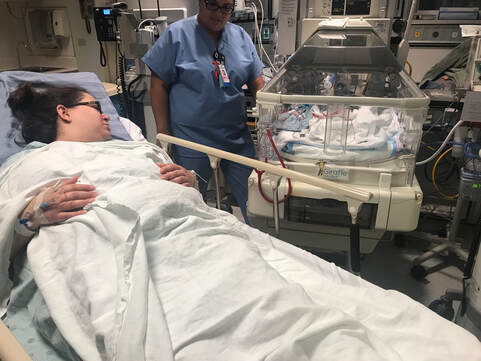 Tell us your story and how the Colette Louise Tisdahl Foundation began. My husband Mark and I struggled with infertility, ultimately going through IVF. We got pregnant on our first round of IVF and then subsequently miscarried weeks later. On our third round of IVF, we got pregnant with our daughter Colette. We were excited, nervous, and the pregnancy went along well (besides my constant all-day morning sickness). At 21 weeks pregnant, a standard OB appointment found my blood pressure at 188/110, a total shock to me since that day had been the first day I had felt really good during my pregnancy. My OB sent me to the hospital where I was admitted with a diagnosis of severe preeclampsia and told I would be in the hospital until I delivered. It felt like our whole world had turned upside down in an instant. It was early May, I was not due until September 7, and did not have the kind of leave from work that this stay required. It became obvious quickly that our two-income household was going down to one-income. I was blessed that we could sustain that financial blow, but could not help thinking of how many other families would be decimated by that, at a time when all the medical advice is to reduce stress. After being in the hospital for a day or two, I told my husband we have to do something about this problem. I spent a little over three weeks in the hospital before the doctors recommended delivery. Colette was born May 23, 2018 at 24 weeks and 5 days. The doctors and nurses all repeatedly told us that we would not hear her because she was too little to cry. But, when she entered the world and the doctors told us it was a girl, we then heard this tiny, but powerful squeak and I asked, was that her? Everyone was amazed and said, yeah, that was her. I knew then that this was of course my badass daughter who was going to change the world. Colette continued to defy all the odds for those first few days and while NICU was of course a roller coaster of yay she's doing so well, to oh, no, things aren't good, she had this spirit and energy that was so much bigger than what her tiny body could hold. After nine days in the NICU, Colette's tiny body gave out and we held her in our arms for the first time as she died. I was lost after Colette died, I just could not imagine that my tiny daughter who I loved so much, who had this larger than life spirit, was actually gone. I also knew that her spirit and her memory had to live on. In the midst of grief, I needed something to turn those emotions and energy into and created The Colette Louise Tisdahl Foundation. We launched on Colette's due date, September 7, 2018, and as of the end of February 2021, we have helped more than 550 families in 39 states, giving away more than $600,000 in assistance. What kind of impact do you hope that your organization can have? I hope that families going through crisis have just a little bit of relief and some of their many stresses are relieved. I also think that having had the experiences of infertility, pregnancy complications, NICU stays, and loss means I can relate to these families on a deeply personal level and therefore, can be a sounding board that understands what it is like to be a parent in these situations. On a greater, broader level, I hope that we can advocate for broad social change, to work with so many countless colleagues, friends, and like-minded strangers who do not accept the world as it is. Our work and the lives of so many families would be widely different if policies like paid family leave for all, subsidized childcare, better working schedules from employers and a society that respects and supports parents, were the norm and not the exception. I also think that if we truly confronted issues of racism, sexism, and classism in our institutions, particularly in the medical community, we would greatly change the world so that women and babies of color were not more at risk of complications, prematurity, severe medical conditions, or even death. What is the biggest concern facing your clients today? The biggest concern is survival. All of us as parents have challenges every day we are parenting, but for parents dealing with health concerns personally and/or for our children and for parents grieving their child's losses, it is even more difficult. When we add on the financial burdens that parents have as a result of the crisis, such as increased transportation costs, the need for medical equipment, for childcare, etc., along with loss of income either entirely or partially, these parents so often find themselves struggling on all fronts. 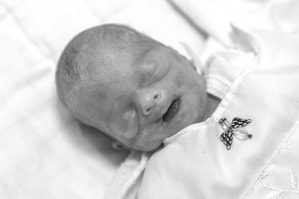 What inspires you to keep advocating for families in crisis? Colette. Every day, I parent her through this organization and as all moms know, we never have a day off from being a mom. I knew when I started this that I could not let Colette's life be in vain and that I did not want her story to be something whispered among those who knew of our loss and hidden from everyone else. Few things make me happier than the fact that so many families utter Colette's name every day and keep her name and her power of her memory and life close to their hearts. How can someone help support your mission and organization? We of course are always looking for financial assistance which allows us to help more families and to help families more deeply. If you are financially able, we would invite you to our website: www.colettelouise.com to join our mission and help families in crisis. Additionally, we learn so much from each other and our stories and experiences, so I would invite parents and providers to consider guest blogging or being interviewed by us. If interested, please email me at [email protected]. Finally, share what we post, what we do with others so that we all learn and support families in crisis. You know your baby better than anyone. Speak up, please. They need you! ~ Carley Guill, For the Littlest I'm so excited to share my interview with Carley Guill from For The Littlest. It was great to get to know more about her and her amazing NICU advocacy work. Make sure you check out her blog and connect with her on Instagram. ~ Ali 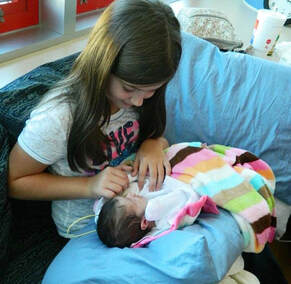 How Did For The Littlest begin? When I was ten years old, my little sister was born prematurely with an obstructed bowel. My family spent 80 days with her as she battled through the NICU, surgery, feeding tubes, ostomies, and constantly beeping IV pumps. It was so foreign to me, but it became so formative. I’ll never forget my mom telling me that there are sick babies that only get held by the nurses, because their families never come; there are babies that get the private room in the back because they’re so sick; there are parents that can only see their babies once a week because the whole region gets transferred here and they can’t pick up and live upwards of two hours away while their baby’s life hangs in the balance. I took what my mom told me and ran with it, because it touched my heart and bothered me at the same time. That's how For the Littlest was born! Though there were good things and bad things about my experience, the NICU is full of miracles, and I want people to know that there are little warriors out there who need advocates to demonstrate awareness and to fight for them. For the Littlest seeks to spark hearts for NICU advocacy, because we have the power to treat these babies and give their families hope. What do you want people to know about life in a NICU? What are the biggest misconceptions about NICU babies? I want people to know that it isn't all bad behind those doors. So often there are nurses and doctors who genuinely love on these babies and care for them so deeply. I know that the thought of such small and seemingly fragile babies is scary for most people, but the NICU can be a force for good in people's lives. It isn't all rainbows and miracles, but goodness, we need to rejoice as much as possible when it is!! The more we know and support our NICU's as advocates, we improve care for babies and we make them feel known and loved. What kind of impact do you hope that your platform (i.e. writing, speaking, research) can have in the NICU community? I hope that For the Littlest can spark a fire for NICU advocacy in people's hearts! There are things that have changed in the way things are done since my family's experience, but there are a lot that haven’t. There are still disparities in distribution of qualified NICUs; disparities that force parents and babies to separate and impede healing. There are still some institutions with visitation policies that alienate siblings and family members. But luckily there are still good nurses, good doctors, and generally good people working in these NICUs, so there is still hope too. Through this platform I hope to change the bad things for the better and show off all of the good things! What inspires you to keep advocating for preemies? NICU babies and their families give me so much hope. I look at my little sister and how much she's thriving and I remember that one day, she was small and fragile like them too. I have so much hope that there's a light at the end of the tunnel for these babies and these families, and I know that advocacy brings that light even closer. What are some of your favorite tools, resources, or gadgets that make a NICU journey easier? My NICU journey was fueled by McNuggets and Top Chef reruns, so I do highly recommend those! Also, I recommend as much of a support system as you can get, even including social media, make it easier - no one is alone! Cooking with children can be a very rewarding experience in many ways. It can teach little ones very useful and valuable lessons in the kitchen, and it is a true bonding experience, one that might not always be felt in the moment. But without a doubt, it is one that is creating memories that will linger in your child’s mind well into adulthood. ~Palamity, LLC Cooking with kids is something that you either embrace or totally shy away from. In our minds we imagine it to be this wonderful bonding time with our kids, filled with laughter and collaboration to create something special together in the kitchen. The reality, though, might look a little bit different; a messy kitchen, mom telling little kids to wait for directions, ingredients being dropped on the floor, stressing over things not getting done properly, or the potential of someone getting hurt. The majority of time, it may end up being something that we do not look forward to repeating in the near future. Yes, cooking with children will be messy and a little crazy, but with a little planning we can definitely control how stressful it ends up being for the adult in charge. Cooking with children can be a very rewarding experience in many ways. It can teach little ones very useful and valuable lessons in the kitchen, and it is a true bonding experience, one that might not always be felt in the moment. But without a doubt, it is one that is creating memories that will linger in your child’s mind well into adulthood. Our kids enjoy helping in the kitchen, and they benefit by learning an array of lessons from getting involved in this activity. Lessons can range from enhancing fine motor skills and teaching kids practical life lessons in reading, math, and organizational skills. It’s also a way for them to work on their creativity and independence. We like to give them input on what they want to cook so they have a voice, but it is also important to include them in the process of cleaning up, so they can see and practice the cooking process in its entirety. Cooking together gives you the perfect opportunity to remind your kids about the importance of hand washing and good hygiene when dealing with food. Below we compiled a list of some skills that kids from different ages can learn from being involved in cooking activities. Preschool aged kids:
The benefits of involving your kids in cooking activities far outweigh the stress. With a little bit of planning and a few helpful tips and tricks, you will be able to enjoy the process as much as your littles ones do.
Kid’s Choice 2 Egg Omelet
(Serves 4; Ready in 45 minutes) 8 eggs 4 teaspoons milk 1 cup cheese, shredded 1 cup ham, cooked and diced 1 cup spinach, chopped 1 cup mushrooms, diced 1 tomato, diced 1 bell pepper (any color), seeded and diced Salt & pepper to taste 4 teaspoons olive oil Start by chopping all the veggies and ham, and shredding the cheese. Arrange the toppings (ham, cheese, vegetables) in small, individual bowls, so they are ready to add to the omelet. In a small bowl, beat 2 eggs with 1 teaspoon of milk, and a pinch of salt and pepper until the yolks and whites are thoroughly combined. Heat 1 teaspoon of olive oil in a nonstick skillet over medium heat. Add the beaten egg mixture to the skillet, making sure the egg spreads out in one even layer across the pan. Sprinkle ¼ of the meat, cheese, and veggies onto the omelet. Let the omelet cook for 2-3 minutes or until the edges are cooked and the center is slightly set. Fold the omelet in half and cook for another minute or until cooked through. Sprinkle cheese on top, if desired, and serve immediately. Using the steps above, continue with the remaining ingredients to make 3 more omelets. Enjoy! Note: Sauté veggies ahead of time for a softer consistency. |

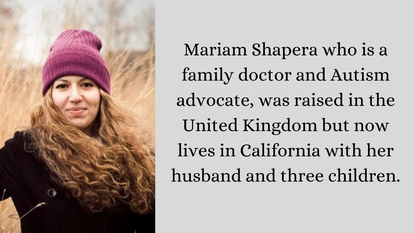
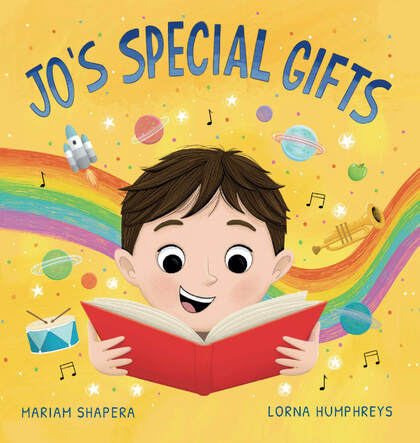

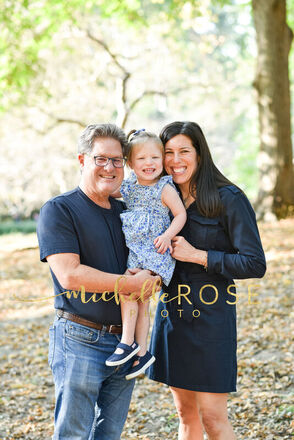
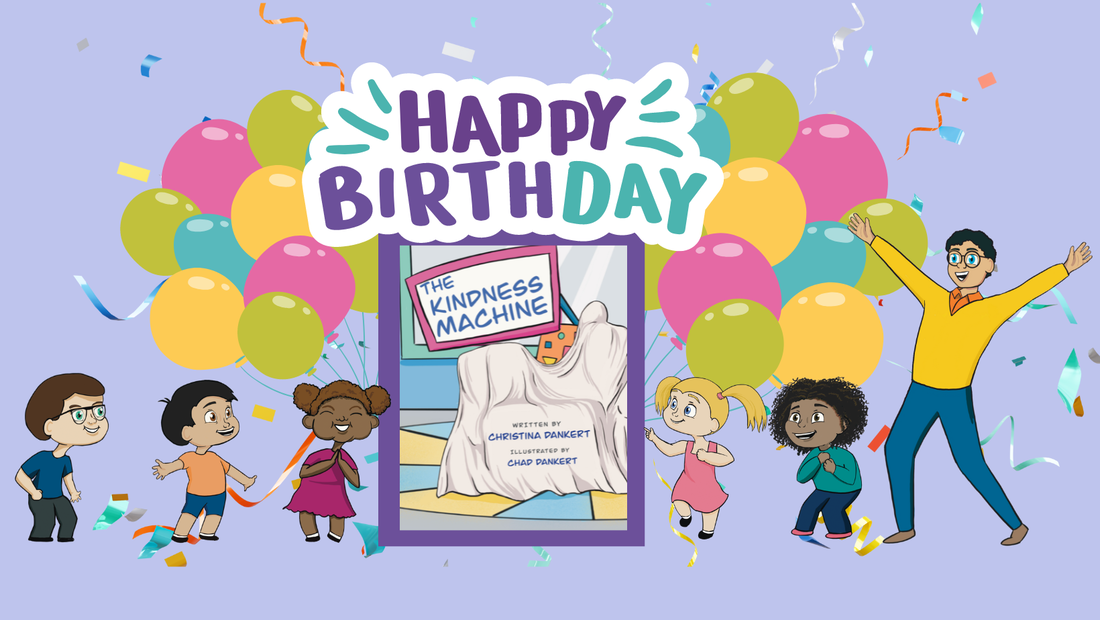
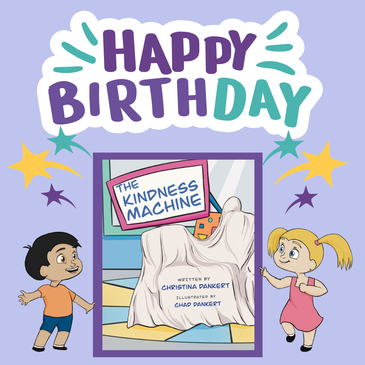
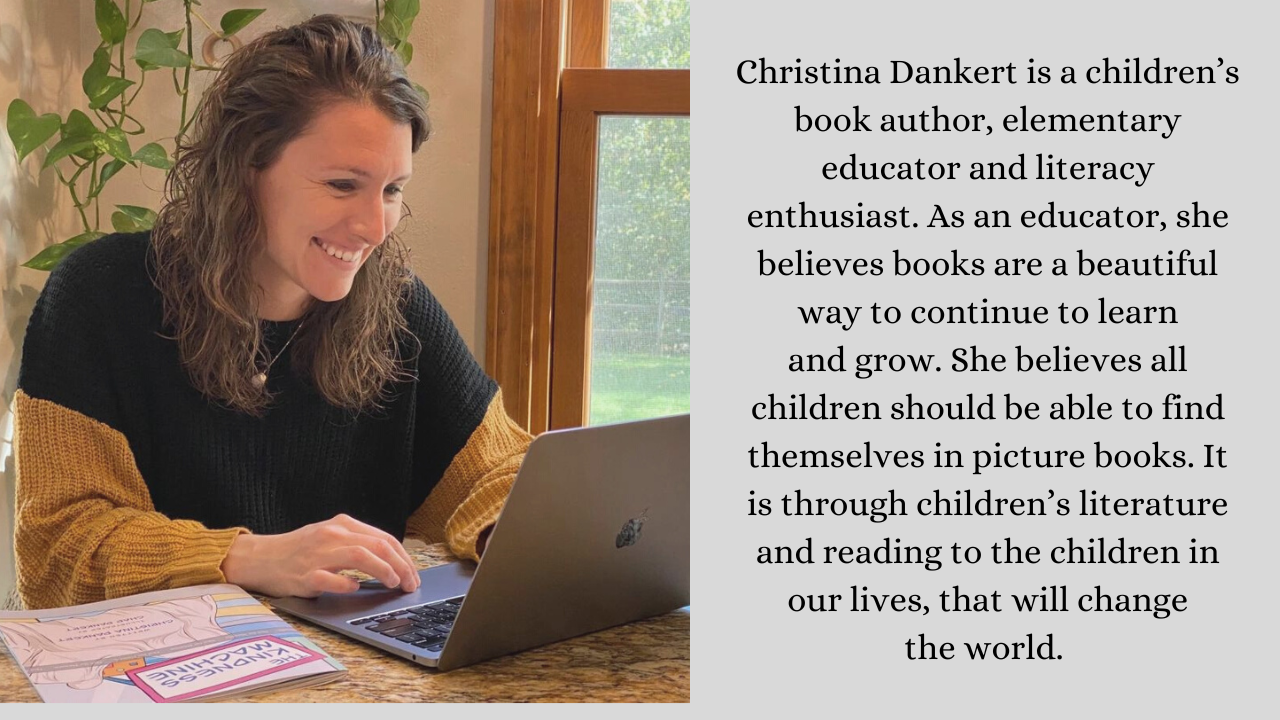

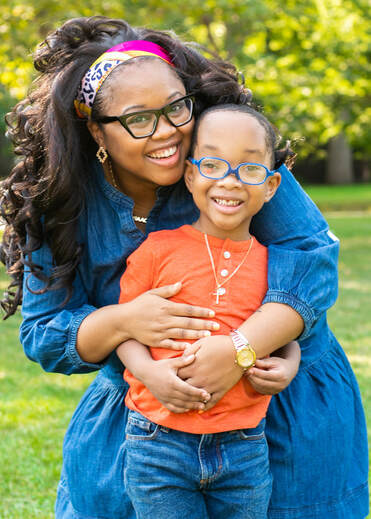

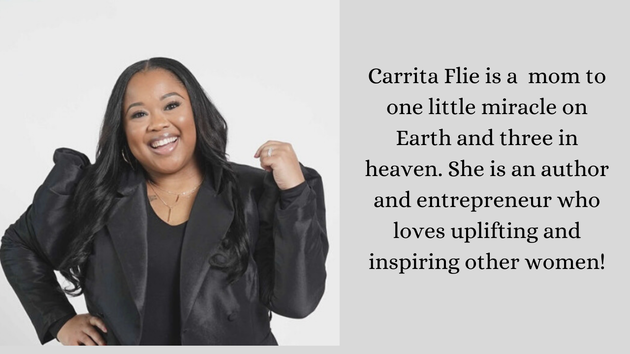
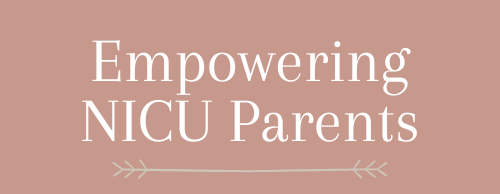
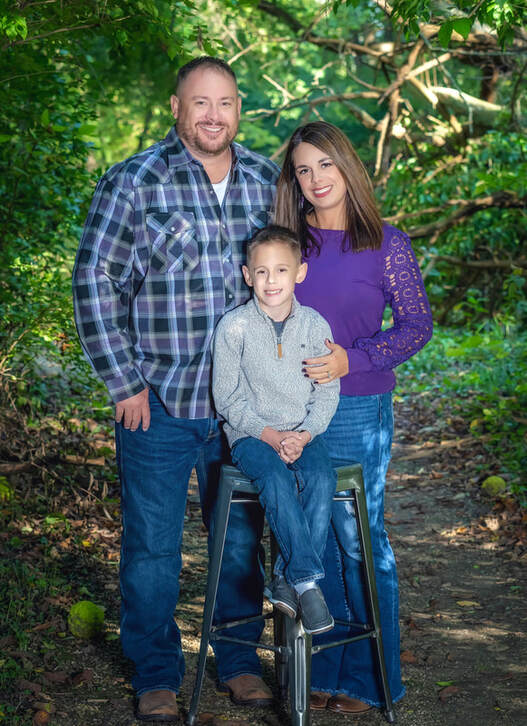
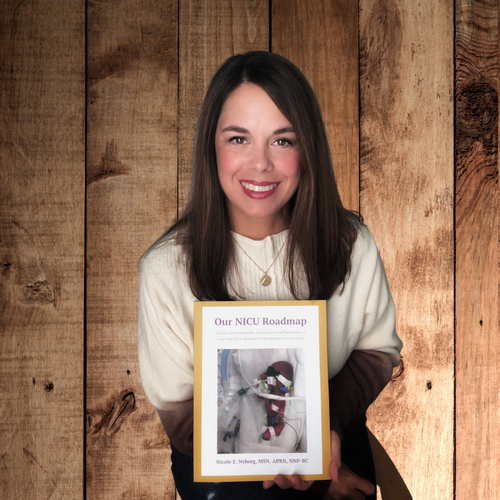
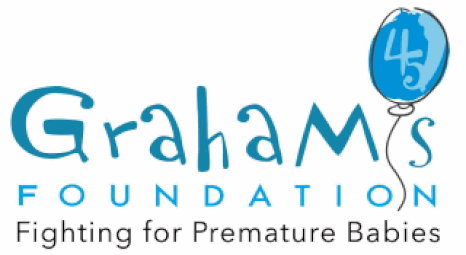
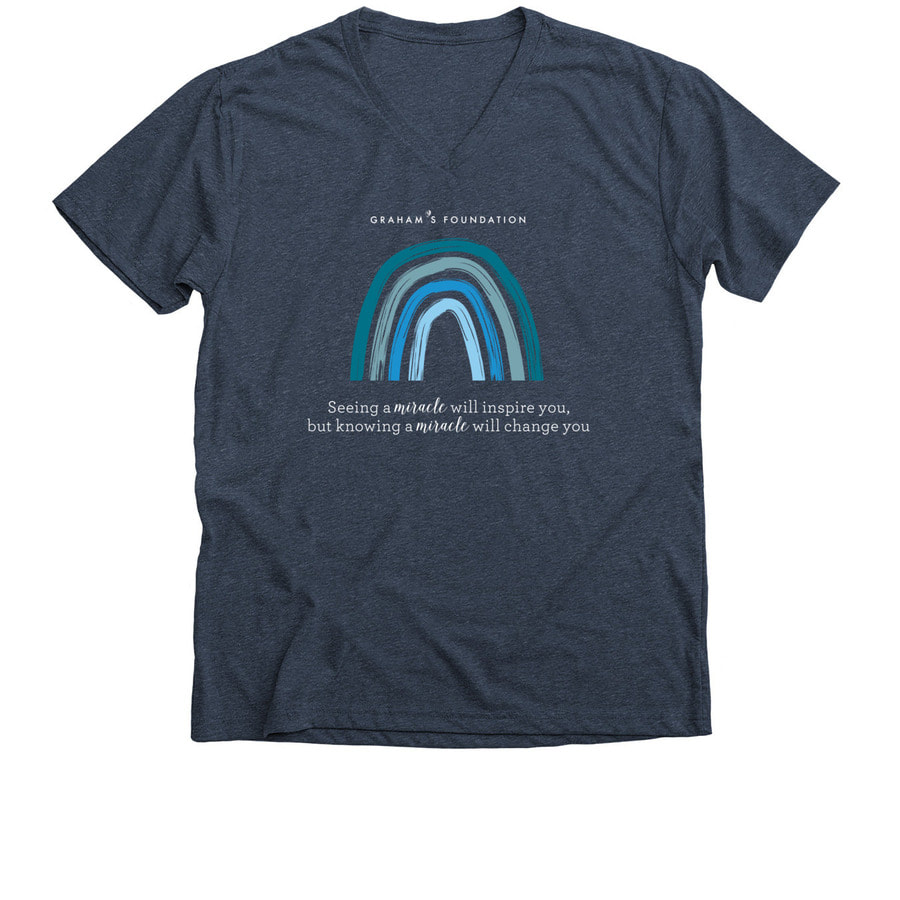
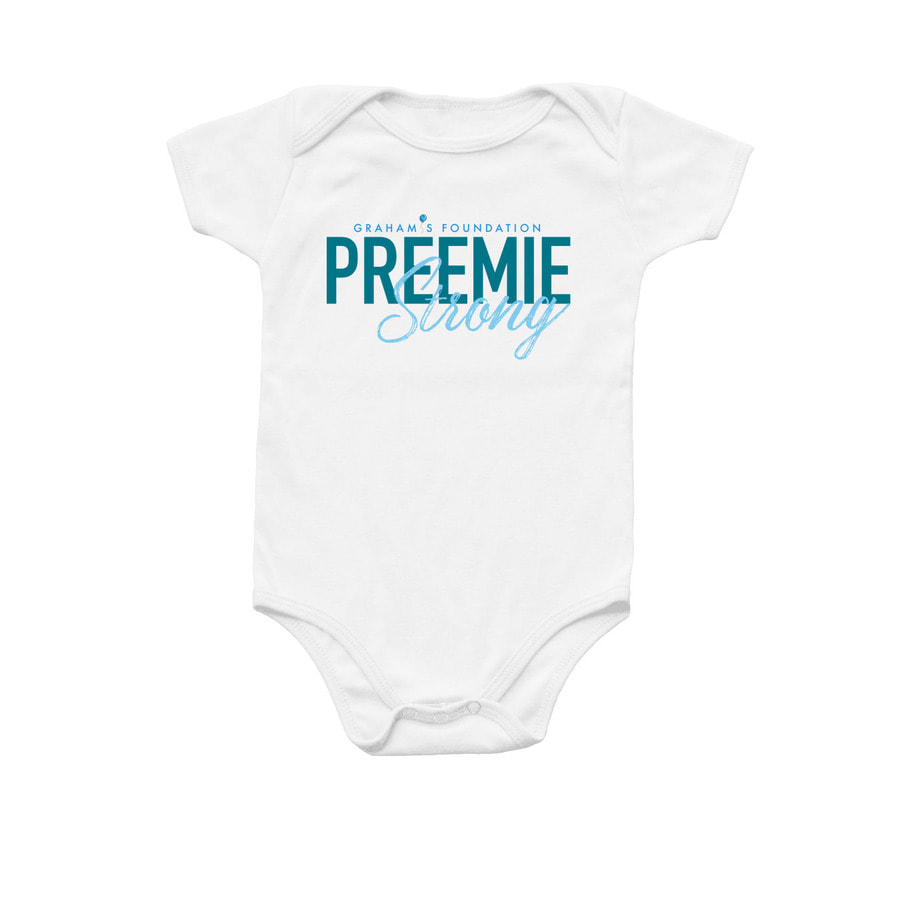
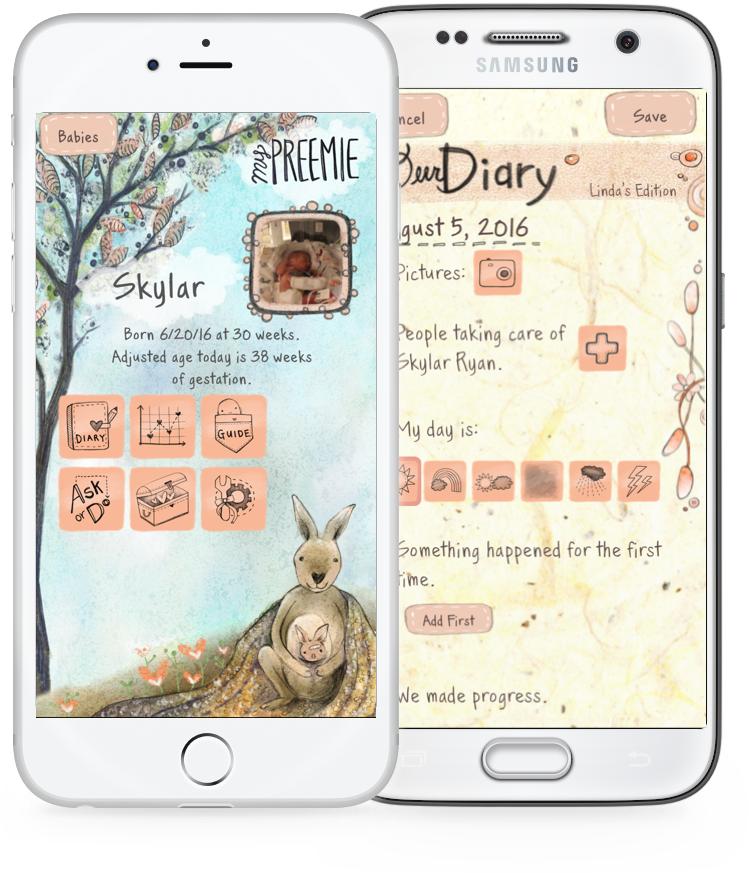
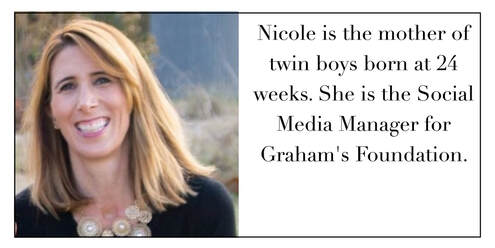
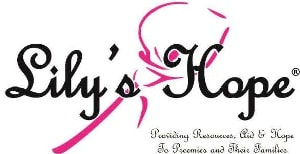
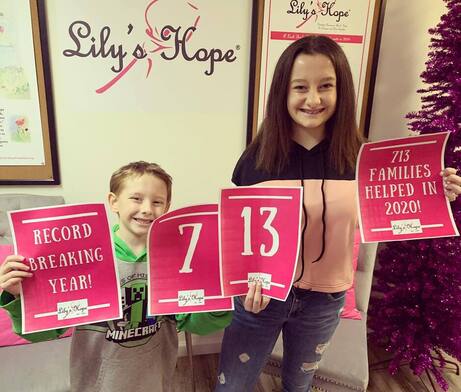
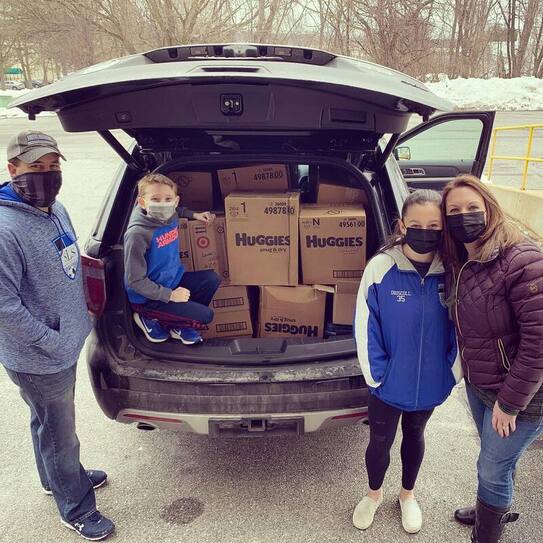
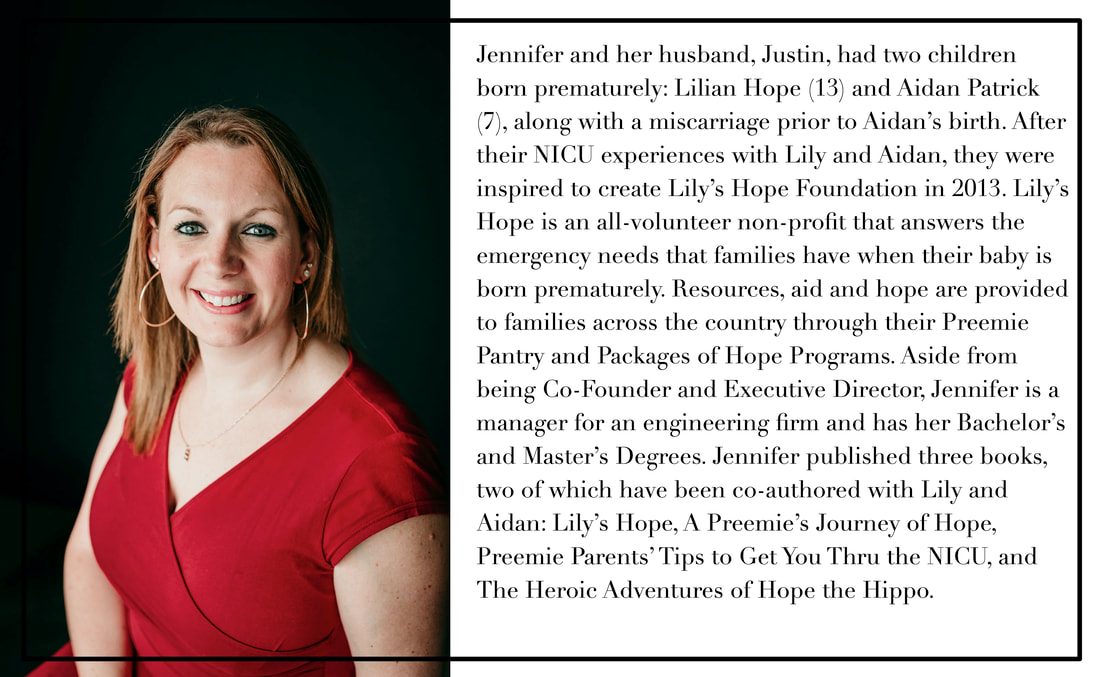
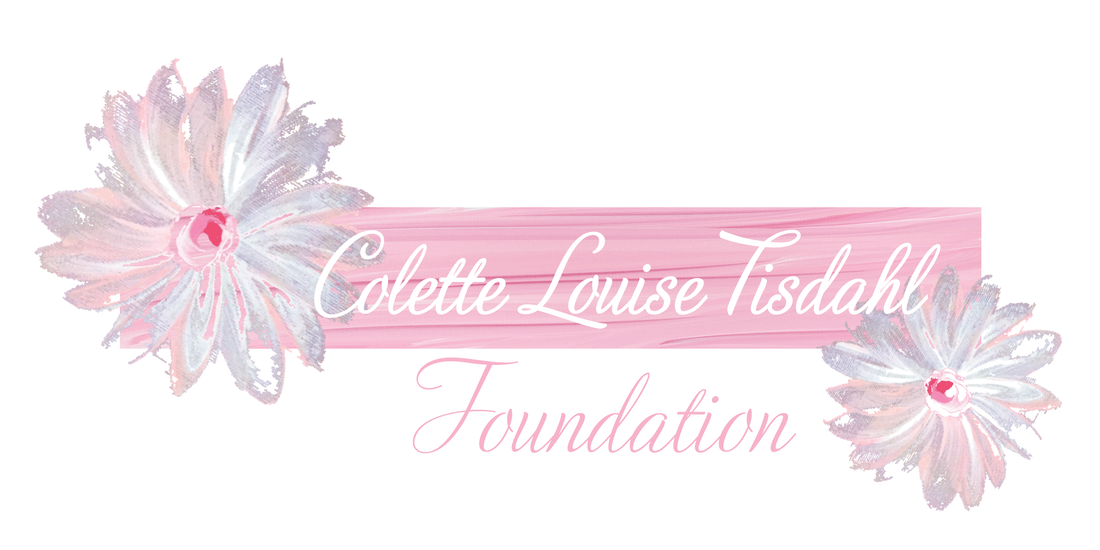
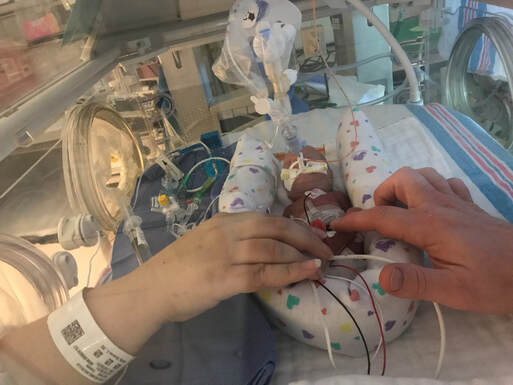
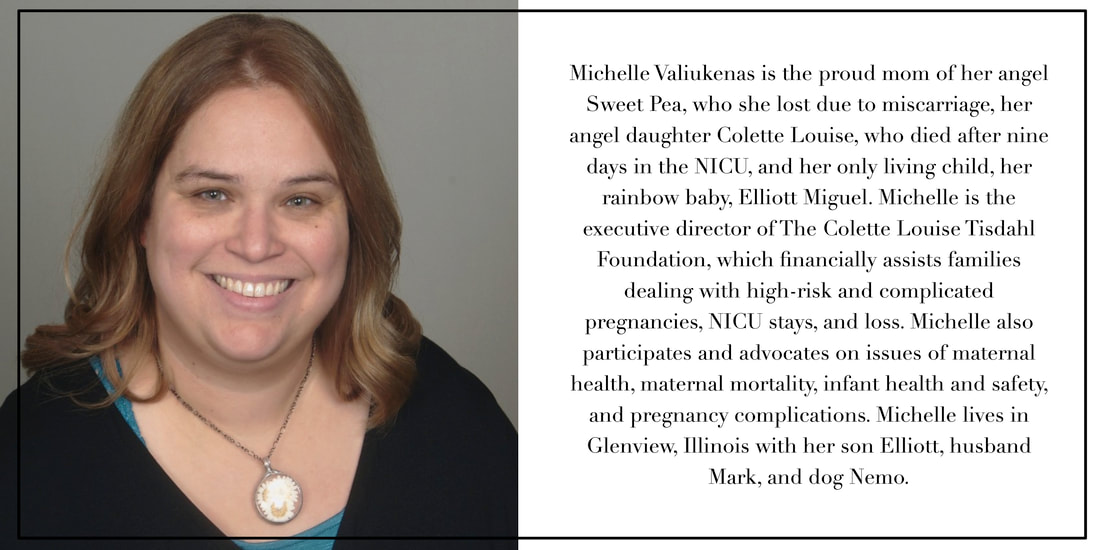

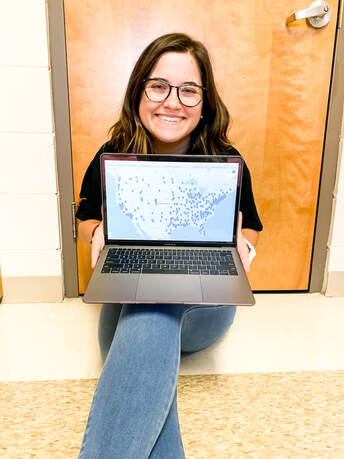
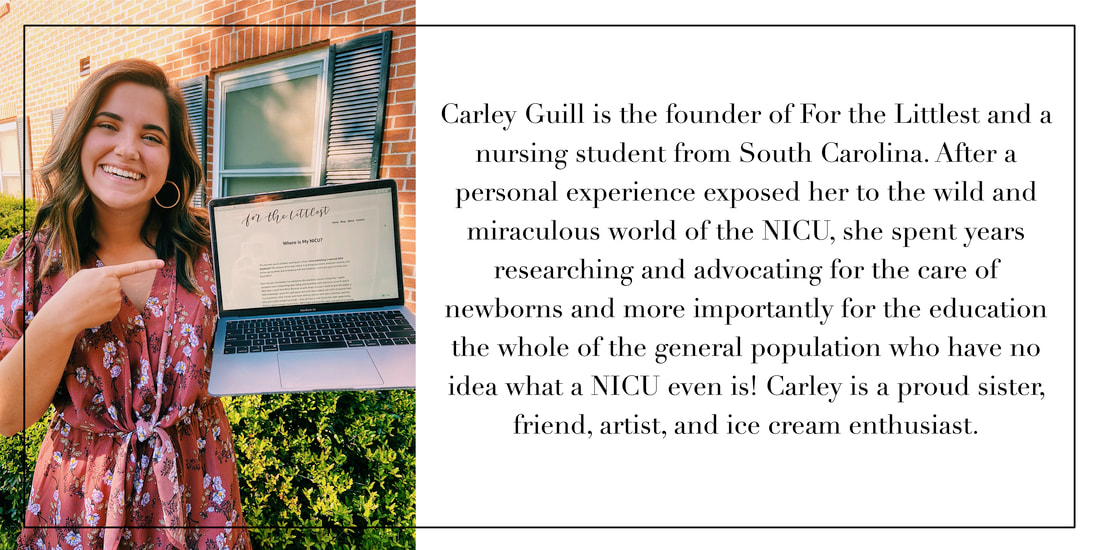

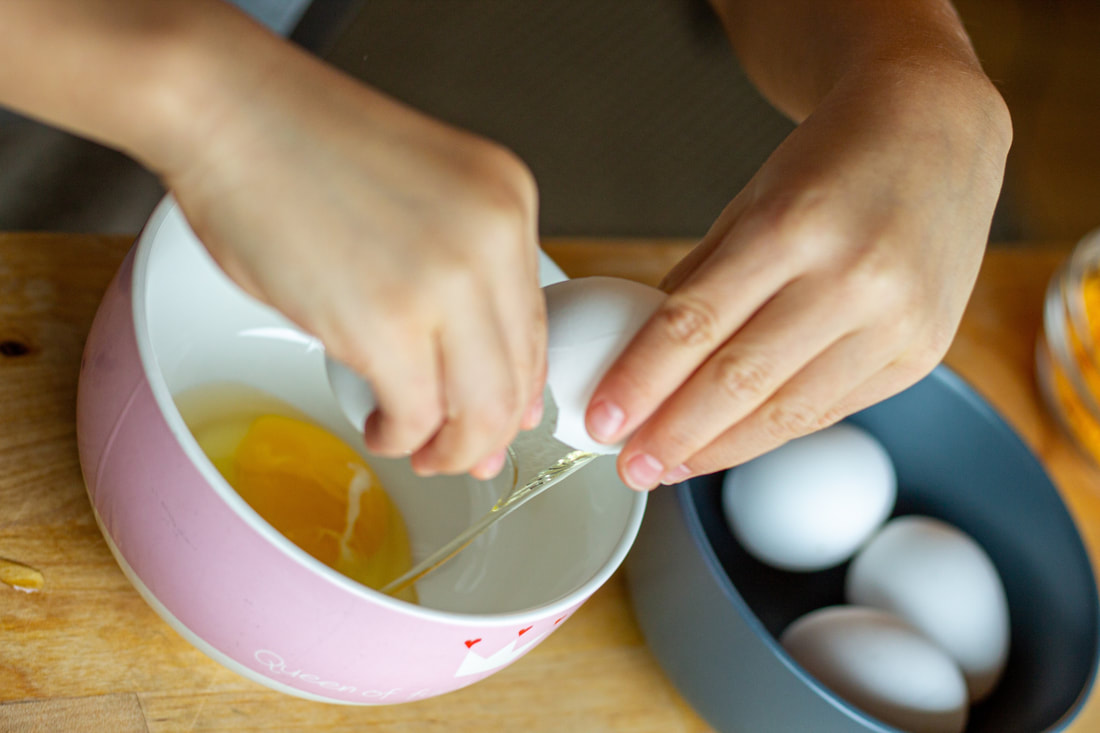
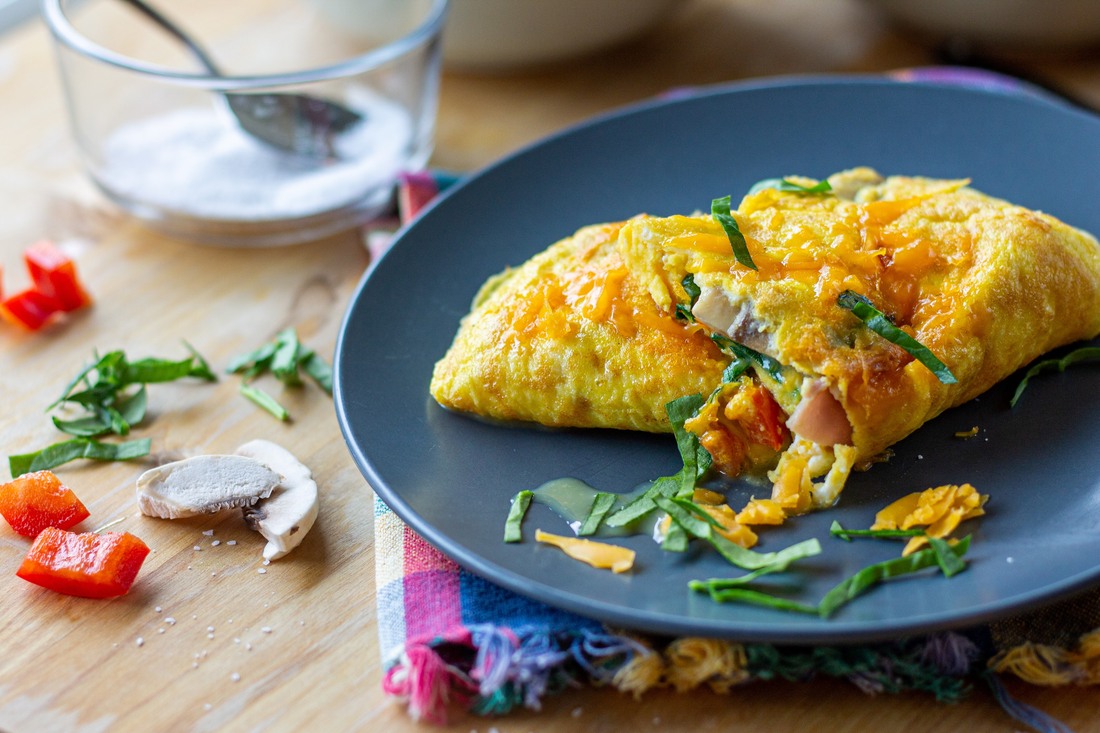

 RSS Feed
RSS Feed